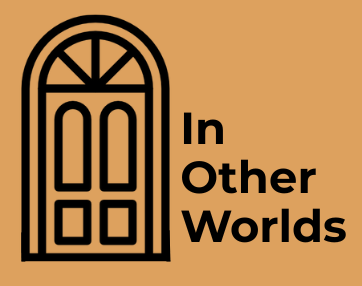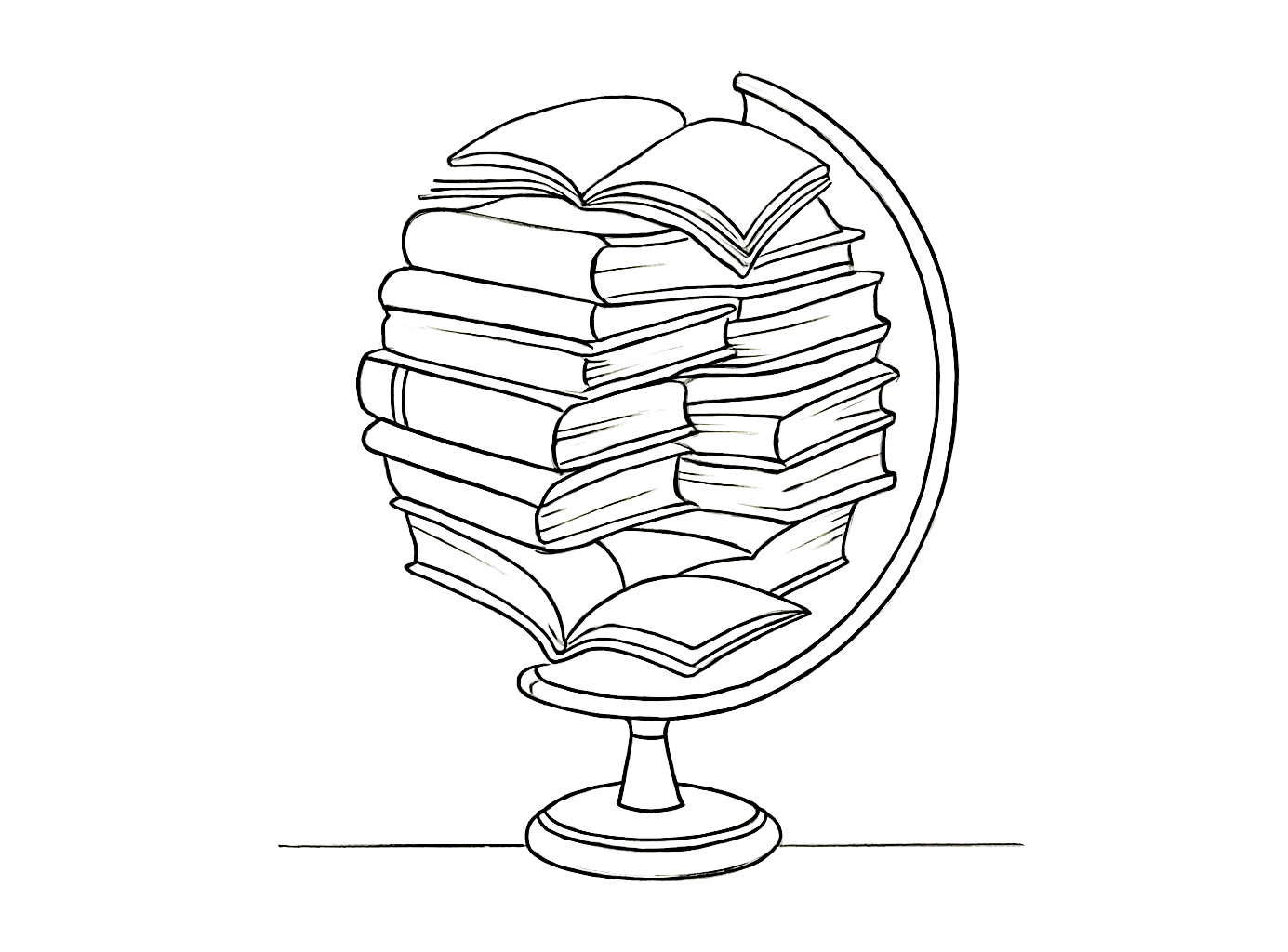The latest winners of the PEN Presents translation grant have been announced, showcasing six projects that bring vital new voices into English. From the Philippines to Malaysia, Sudan, Indonesia and Palestine, this year’s selection reflects a widening literary map and a strong commitment to underrepresented languages.
Introducing the PEN Presents Translation Grant
PEN Presents is a translation grant run by English PEN in partnership with the Booker Prize Foundation. Established in 2022, it supports translators at the crucial sample stage. In this round, shortlisted translators received £500 to produce 5,000-word extracts, which were independently assessed before the panel selected six winners. The edited samples are now published with rights details so editors can read and acquire.
Each round is highly competitive. This year six projects were chosen from a shortlist of twelve, reviewed by a cross-sector panel of seven experts chaired by writer and academic Preti Taneja.
The 2025 Translation Grant Winners
The 2025 cohort places notable emphasis on Southeast Asia, with four of the six projects drawn from Filipino, Cebuano, Malay and Indonesian. For a region long underrepresented in English translation, this is a striking moment of recognition. Alongside these, works from Sudan and Palestine broaden the geographical scope even further, reflecting PEN Presents’ mission to champion voices beyond the traditional centres of world literature.
Christian Jil R. Benitez — from Filipino
Poet, translator, and scholar of comparative literature. For PEN Presents he is translating Alvin Yapan’s historical novel Time of the Eye (Ang Sandali ng mga Mata), a Bicol-set saga spanning sixty years of Philippine history and culminating in the People Power Revolution. This is the first time a Filipino novel has received support through the programme.
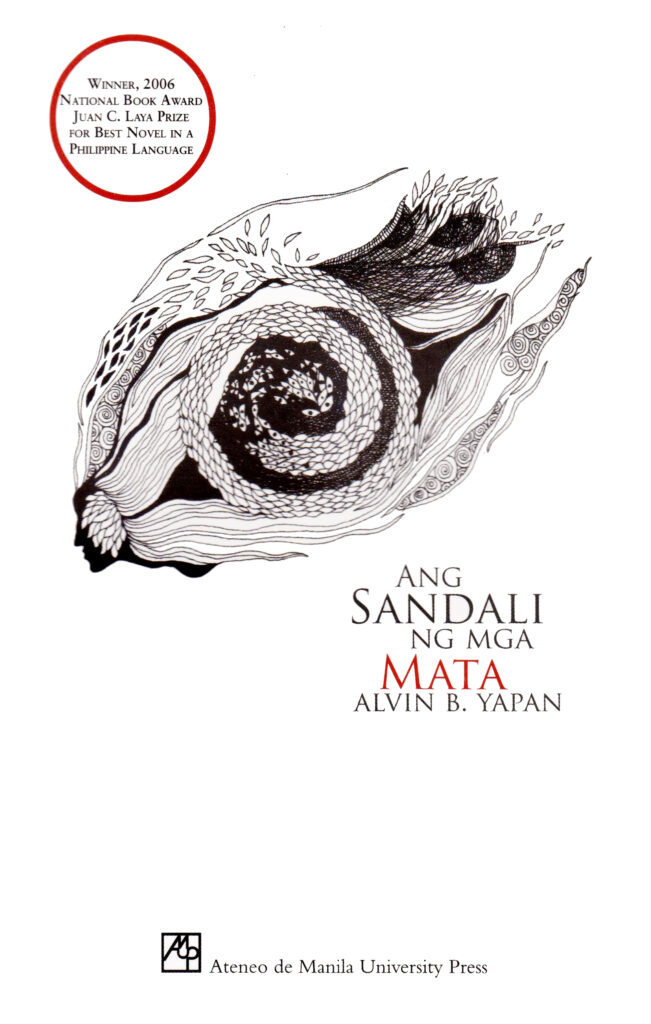
John Bengan — from Cebuano
Writer, translator, and lecturer at the University of the Philippines Mindanao. His PEN Presents project is R. Joseph Dazo’s The Man With a Thousand Names: Stories, bringing contemporary Cebuano literature into the spotlight.
Pauline Fan — from Malay
Writer, translator, and cultural researcher from Kuala Lumpur. For PEN Presents she is translating Ruhaini Matdarin’s The Last Days of Jesselton, a historical novel set during the Second World War in North Borneo. Fan has previously translated Fatimah Busu’s An Ordinary Tale about Women and Other Stories and the poetry of Kulleh Grasi.
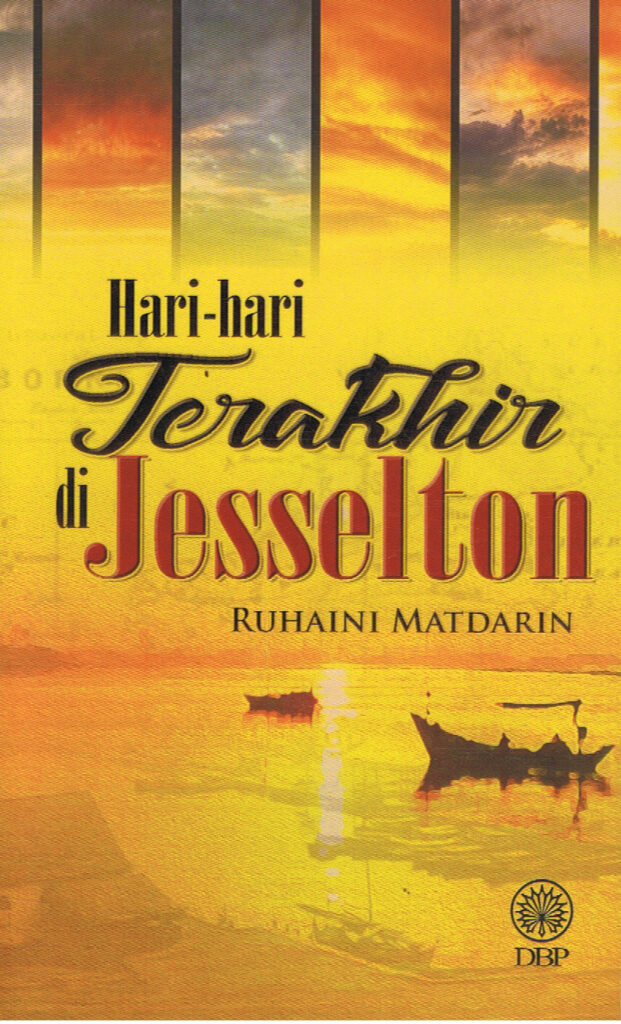
Mayada Ibrahim and Najlaa Eltom — from Arabic (Sudan)
A collaborative translation of Stella Gaitano’s Ireme. Ibrahim is a translator and editor based in New York; Eltom is a Sudanese poet and fiction writer whose work engages with themes of migration and language. Their partnership highlights the diversity and vitality of Sudanese literature at a time of political and cultural upheaval.
Tiffany Tsao — from Indonesian
Novelist, translator, and critic. For PEN Presents she is working on Grace Tioso’s The Born Out of Wedlock Club. Tsao is well known for her translations of Eka Kurniawan’s Beauty Is a Wound and Man Tiger and for Norman Erikson Pasaribu’s Happy Stories, Mostly, which was longlisted for the International Booker Prize in 2022.
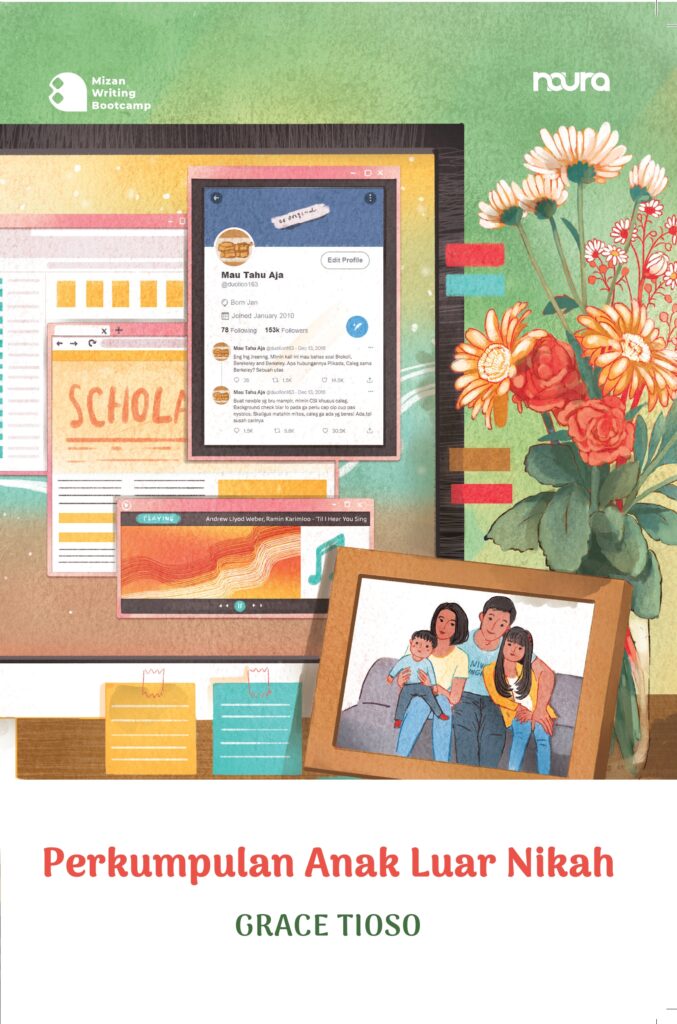
Anam Zafar — from Arabic (Palestine)
British translator from Arabic and French. For PEN Presents she is translating Tariq Asrawi’s Playing With Soldiers. Zafar has translated work by Palestinian and Syrian writers and co-translated Josephine Baker’s memoir Fearless and Free.
Why Translation Grants Like PEN Presents Matter
In just three years PEN Presents has become a key UK translation grant with a remit to diversify who and what gets translated. This is the first time the programme has supported works originally published in Filipino, Cebuano and Malay, and the first time it has supported projects from the Philippines. Several projects from past rounds have already moved on to full publication.
The 2025 cohort also highlights a useful balance between established names and emerging voices. Translators such as Tiffany Tsao, already known for reshaping the reception of Indonesian literature in English, appear alongside newer voices like Christian Jil Benitez, introducing Filipino literature to the programme for the first time. That mix shows a platform that both discovers and amplifies.
How the Sample-First Model Works
What sets this translation grant apart is its focus on samples. By funding and publishing 5,000-word extracts with rights information, the programme helps publishers take risks while recognising translators as scouts who bring new writing into view.
Impact on Translators’ Careers
The programme also affects translators at different career stages in different ways. For emerging figures, having a professionally edited and publicised sample is often the first step towards further commissions. For established translators, the grant supports more ambitious projects that might not fit easily into commercial publishing. The combination of financial support, editorial attention, and visibility makes the grant unusually powerful in shaping translation pathways.
Where It Fits Globally
Placed within the wider funding landscape, PEN Presents complements the long-running PEN/Heim Translation Fund in the United States. While PEN/Heim supports book-length projects in progress, PEN Presents concentrates on samples designed to spark acquisitions in the UK and Ireland. Together, the two translation grants create a transatlantic ecosystem that enables translators to develop and pitch projects at different stages.
From Sample to Publication
There is growing evidence that PEN Presents is already moving books from sample to publication. English PEN tracks projects on its website, with some marked as acquired. Trade coverage has noted that roughly half of past winners have secured publishers, and titles such as Heart Lamp: Selected Stories by Banu Mushtaq, translated by Deepa Bhasthi, have found homes as a direct result of the programme.
For translators, PEN Presents offers more than financial backing. It provides recognition, visibility, and a direct route to publishers who are increasingly open to literature from regions that have long been overlooked. For readers, it ensures that the English-language landscape continues to broaden, making space for the many different ways stories are told around the world.
